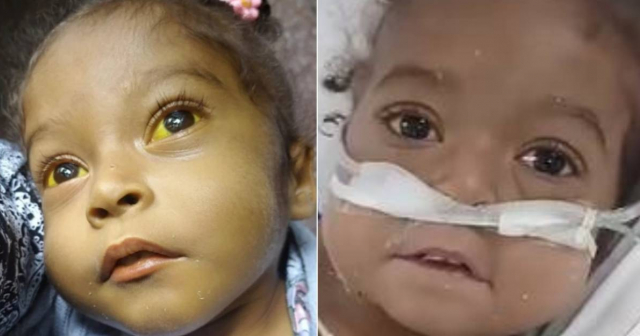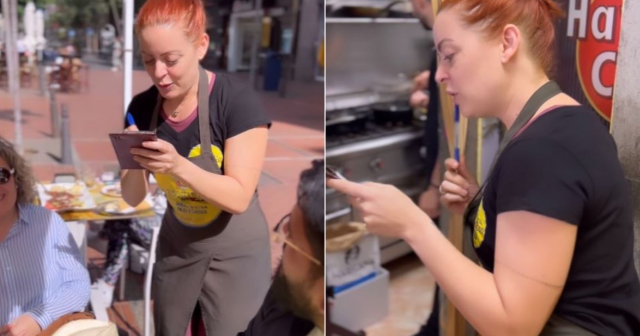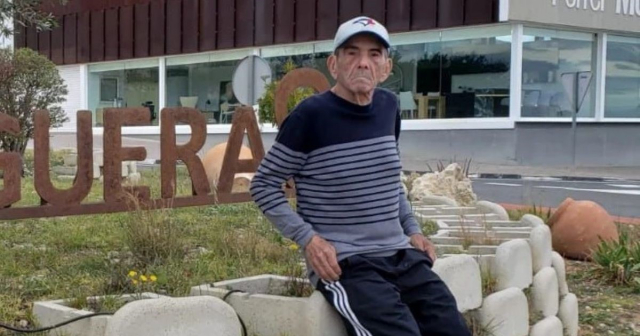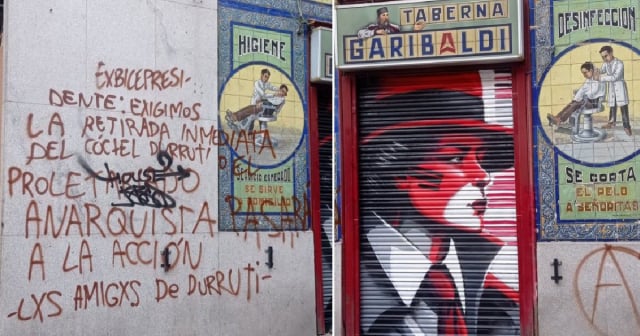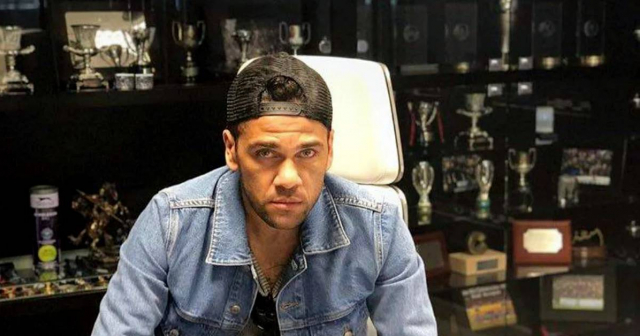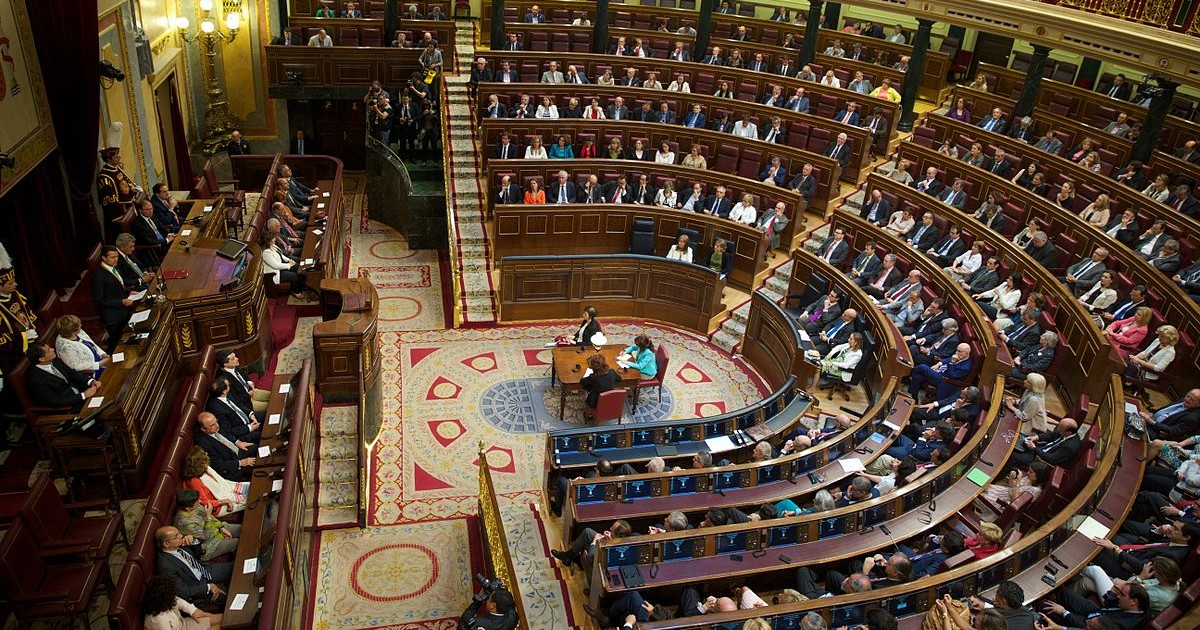
The Democratic Memory Law, also known as“Grandchildren Law”, will be discussed this October in the Congress of Spain. If approved, the rule would include new cases of acquisition of Spanish nationality to which Cuban citizens could apply.
With the objective ofrecover, safeguard and disseminate Democratic Memory To “foster cohesion and solidarity between different generations around constitutional principles, values and freedoms,” the Law includes reparation measures for the victims of the Civil War and the Dictatorship, including those who went into exile.
Contemplated in Chapter III of the Law, the reparation measures for those who suffered exile include two new cases of acquisition of Spanish nationality:
1.- Sons and daughters born abroad of Spanish women who lost their nationality by marrying foreigners, before the entry into force of the 1978 Constitution.
2.- The sons and daughters of legal age of those Spaniards whose nationality of origin was recognized by virtue of the right of option.
Currently, theHistoric Remembrance Act of 2007 (in force) establishes two cases of acquisition of Spanish nationality in its seventh additional provision:
1.- People whose father or mother was originally Spanish may opt for Spanish nationality of origin if they formalize their declaration within a period of two years from the entry into force of this Additional Provision. This period may be extended by agreement of the Council of Ministers up to the limit of one year.
2.- This right will also be recognized for the grandchildren of those who lost or had to renounce Spanish nationality as a result of exile.
If its parliamentary processing is approved, the new Democratic Memory Law does not eliminate the assumptions of the Historical Memory Law, but rather expands the field of application of the right to acquire nationality for the children of those who have acquired it by virtue of the right of option (scenario 2 of the 2007 Law) and for the descendants of Spanish women who, by marrying foreigners, lost their nationality.
That is, in the case of a Cuban who had acquired Spanish nationality through one of the two assumptions of the law in force (2007), if the so-called “Grandchildren Law” is approved, his children will also be able to opt for Spanish nationality. , regardless of your age.
The so-called Law of Grandchildren would be like an extension of the Law of Historical Memory which opened the door for nearly 150,000 Cubans to obtain Spanish nationality since 2007, making Cuba the sixth country in the world with the largest number of Spaniards.
In summary, Spanish nationality could be requested by children of Spanish women who lost their nationality when marrying abroad before 1978; and the adult children of Spaniards whose citizenship of origin was recognized by right of option.
Likewise, the object of the Law is the recognition of those who suffered persecution or violence for political, ideological reasons, conscience or religious belief, sexual orientation and identity, during the period between the coup d'état of 1936, the Civil War and the Franco Dictatorship until the promulgation of the Spanish Constitution of 1978. It is about promoting their moral reparation and recovering their memory and includes the repudiation and condemnation of the coup d'état of July 18, 1936 and the subsequent Franco Dictatorship.
In essence, if approved, the Democratic Memory Law will seek to recognize all the victims of the coup d'état of July 1936 and the Franco dictatorship. In fact, with the new rule, the State, for example, will be responsible for searching for the missing and recovering their remains.
The draft Democratic Memory Law clarifies that there will be no compensation for the victims of Franco's regime, but there will be an audit of the assets plundered by the dictatorship for political or ideological reasons.
It is estimated that 150 thousand Spaniards or descendants of Spaniards reside in Cuba, the majority of whom acquired nationality under the 2007 Law. Meanwhile, in Spain, as of January 1, 2021, there were 61,589 Cubans with legal residence. In total, 160,853 residents of Spain of Cuban origin were counted (2020).
The Democratic Memory Law has beenbusy political process in Spain, marked by weak government coalitions, early elections and general political instability due to the economic crisis, the pandemic and territorial tensions in this country.
As of this Thursday, the draft law enters the parliamentary processing phase with an equally complex scenario, which is why its approval raises doubts and could be postponed again on the political agenda of the Pedro Sánchez government.
What do you think?
COMMENTFiled in:

